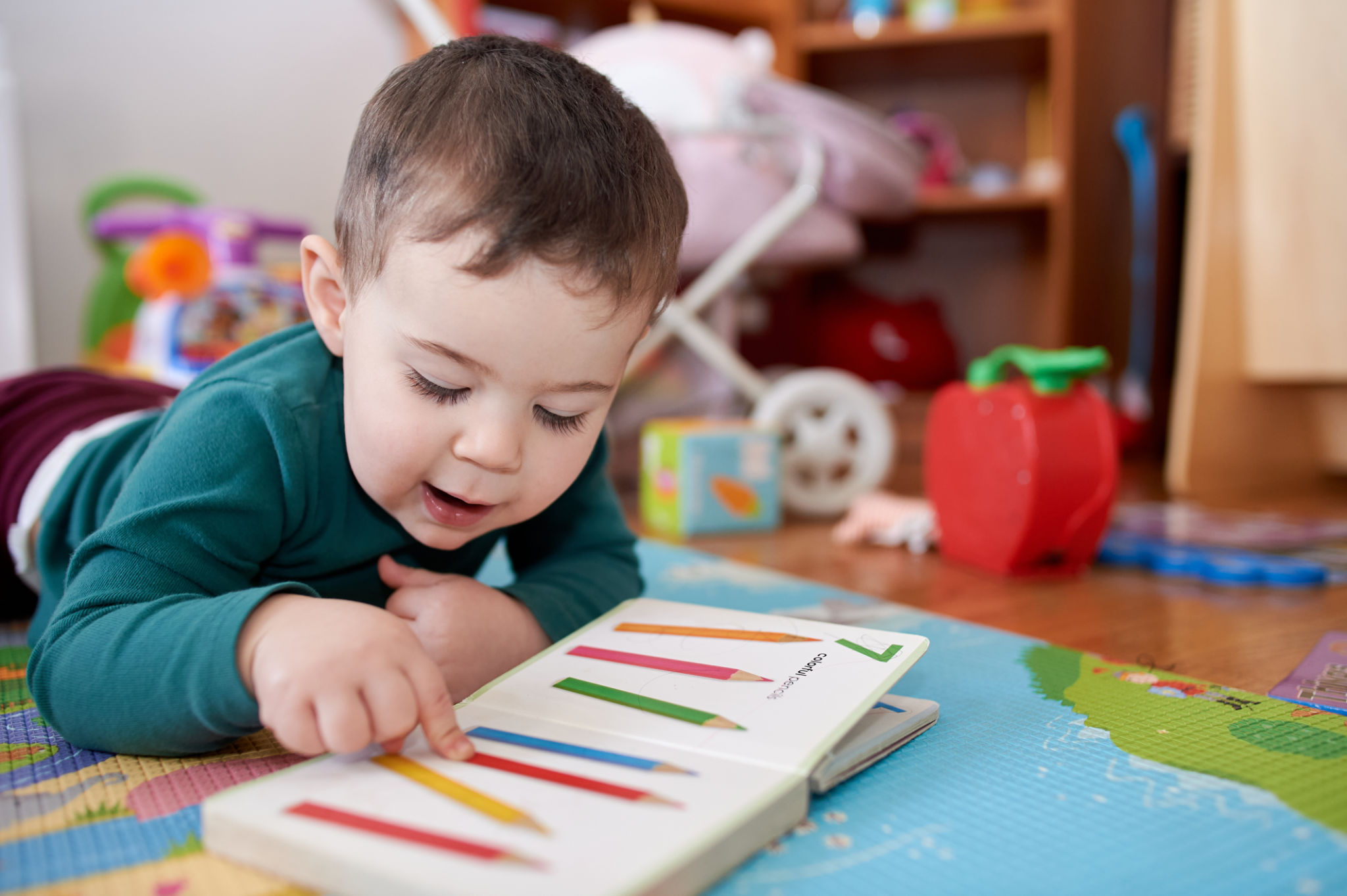The Role of Family in Baby Development: How to Support Growth at Home
Understanding the Importance of Family in Baby Development
Family plays a vital role in the early stages of a child's life, shaping their physical, emotional, and cognitive development. A nurturing environment at home sets the foundation for growth and learning. From providing basic needs to offering love and encouragement, family members are instrumental in a baby's formative years.
Babies thrive on interaction and stimulation. Positive family interactions contribute significantly to their emotional well-being and social skills. These interactions can range from simple daily routines to more structured activities that promote learning and exploration.

Creating a Stimulating Environment
A stimulating environment is crucial for a baby's development. Families can support this by ensuring their home is rich with sensory experiences, such as colorful toys, music, and textures. These stimuli help develop a baby's senses and encourage curiosity.
Incorporating play into daily routines is another effective way to promote development. Playtime not only strengthens motor skills but also fosters creativity and problem-solving abilities. It is essential for family members to engage in play with the baby, as it builds strong emotional bonds.

Encouraging Communication and Language Skills
Communication is key to a baby's development. Families can encourage language skills by talking to the baby frequently, using a variety of words and expressions. Reading books aloud and singing songs are also beneficial activities that introduce new vocabulary and rhythm.
It's important for family members to listen actively and respond to the baby's attempts at communication. This interaction promotes confidence and encourages the baby to express themselves further. Simple gestures and facial expressions can also aid in understanding and learning.

Promoting Physical Development
Physical development is crucial during the early years, and families can support this by providing opportunities for movement and exercise. Tummy time, crawling, and eventually walking help strengthen muscles and improve coordination.
Parents and caregivers should create a safe space for the baby to explore independently. This exploration allows babies to test their limits and develop spatial awareness. Encouraging outdoor play can also enhance physical health and expose babies to new environments.

Nurturing Emotional Growth
Emotional development is just as important as physical growth. Families can nurture this by offering love, security, and stability. Consistent care and attention help babies feel safe and build trust with their caregivers.
Emotional growth is further supported by modeling appropriate expressions of feelings and teaching babies how to manage emotions. Creating a loving atmosphere encourages empathy and helps babies develop positive relationships with others.
In conclusion, the role of family in baby development is multifaceted and essential. By creating a supportive environment, families contribute significantly to their child's overall growth. Through love, interaction, and encouragement, parents and caregivers lay the groundwork for a healthy, happy, and successful future.